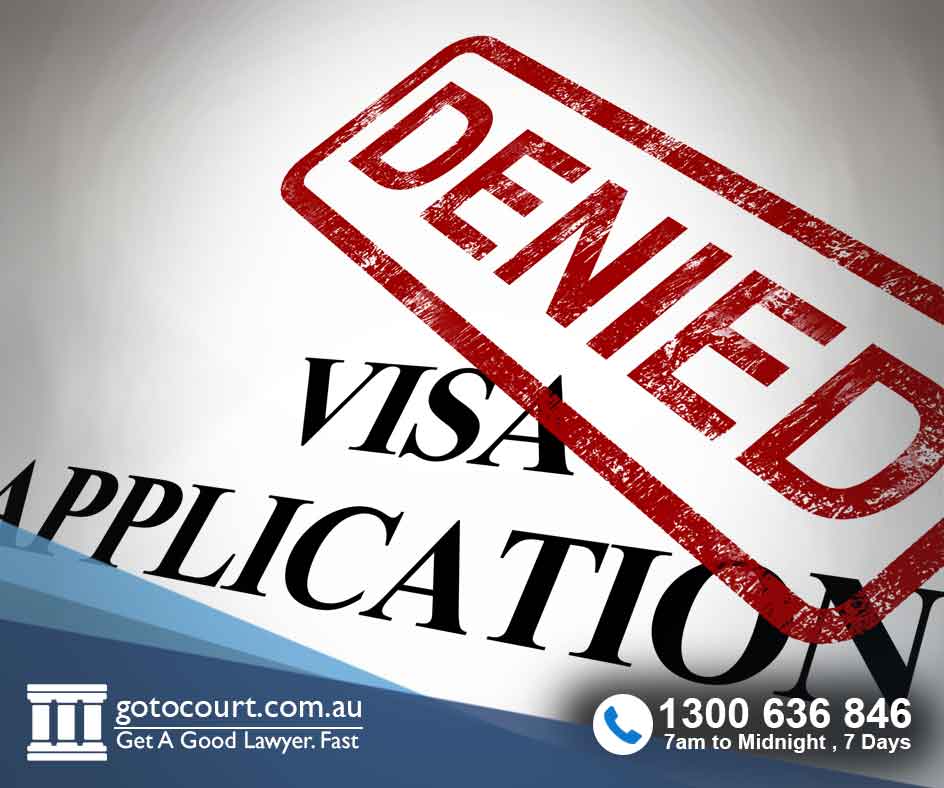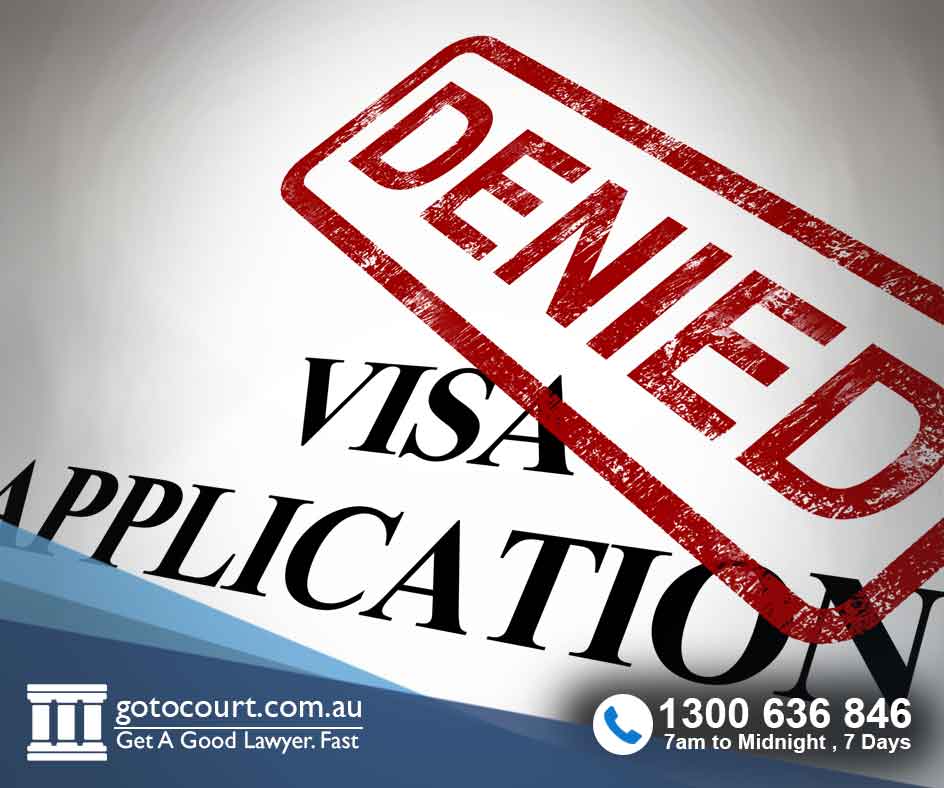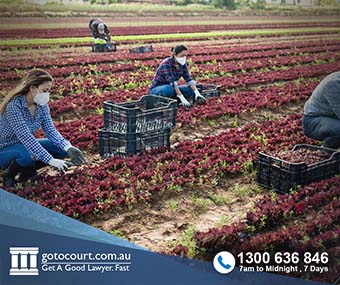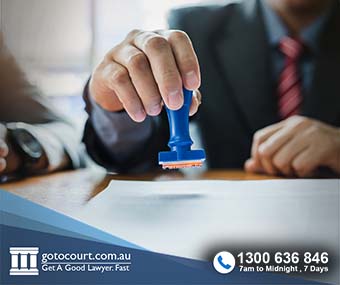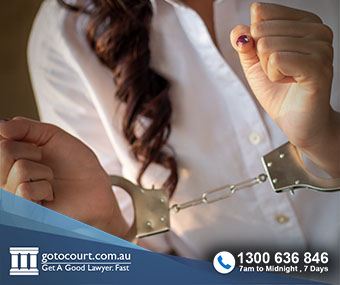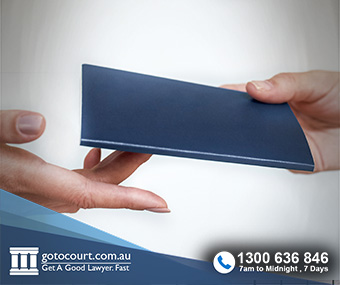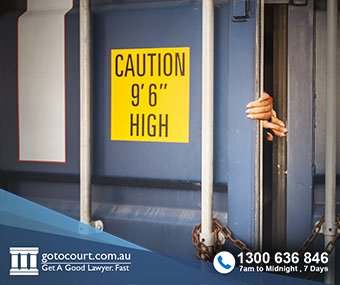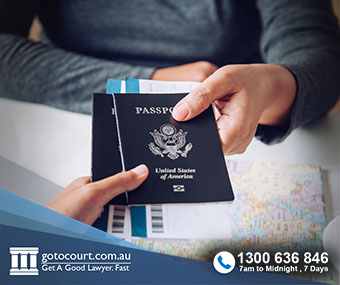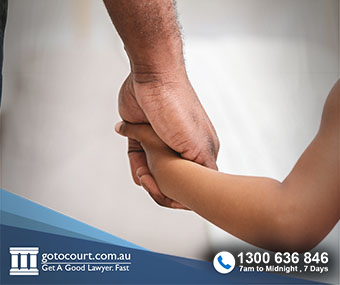Call our lawyers
now
or,
have our lawyers
call you
Character Test for Visa Holders and Applicants
Updated on Sep 28, 2023 • 5 min read • 953 views • Copy Link
Character Test for Visa Holders and Applicants
The character test must be passed by all applicants for Australian visas prior to the visa being granted. Non-citizens, including permanent residents and Special Category Visa subclass 444 New Zealand citizens, can also lose their visa if they fail the character test because of circumstances that arise after the visa is granted. This article outlines the character test and how it affects applicants and holders of Australian visas.
Section 501 of the Migration Act 1958
Section 501 of the Migration Act 1958 applies a character test to all non-citizens, including non-migrating family members and sponsors of visa applicants.
All visa applicants must inform the Department of Home Affairs of any prior criminal convictions against them either inside or outside of Australia. A criminal conviction also includes a spent conviction and a finding of guilt without conviction.
Visa application material is provided to the police of the various states and territories so that police checks can be conducted.
What is the character test?
To pass the character test, a person must:
- not have a substantial criminal record;
- have never been convicted of fleeing from immigration detention or convicted for an infraction committed:
- while detained in immigration detention; or
- during a breakout from immigration detention; or
- after a breakout, but before being taken into immigration detention again;
- have never been a member of a group or organisation, or have ever associated with a person(s), group or organisation(s) which is reasonably suspected of being involved in criminal conduct;
- have never been and are not currently reasonably suspected by the Minister of being involved in people trafficking, a crime against humanity, mass extermination, a war crime, a crime involving slavery or torture, or a crime that is of significant international interest;
- have general behaviour, past and present, that shows that they are completely of good character;
- not pose a risk of:
- being involved in criminal conduct;
- harassing, molesting, intimidating or stalking another person;
- slandering a segment of the Australian community;
- provoking discord in the Australian community or in a part of it;
- being a danger to the community of Australia or a part of it; or
- have never been convicted or proven guilty for one or more sexual offences involving a child; or
- have never been subject to a negative security assessment by the Australian Security Intelligence Organisation (ASIO); or
- have never been subject to an Interpol notice where they were suspected to be a direct or indirect danger to the Australian society or to any part of it.
What is a Substantial Criminal Record?
Whether a record amounts to a substantial criminal record depends on the length of the sentence that was imposed. It is irrelevant how long the person actually spent in prison.
A person is considered to have a substantial criminal record if they have been:
- condemned to death or life imprisonment;
- condemned to imprisonment of 12 months or more;
- sentenced to two or more terms of imprisonment, totalling to 12 months or more (even if served together);
- found by a court to not be qualified to plead regarding an offence committed which resulted in detention in an institution or facility.
Will my cancellation be permanent?
If a person is removed or deported from Australia after their visa is cancelled on character grounds, they will be permanently prohibited from applying for or being granted a visa to enter Australia.
Can I appeal the cancellation?
Cancellation of a visa under section 501 of the Migration Act 1958 occurs automatically. If a non-citizen believes that they should be allowed to continue to reside in Australia, they may apply to have their visa cancellation revoked by the Department of Home Affairs. This application must be made within 28 days of the date of the cancellation notice.
The non-citizen must provide the Department of Home Affairs with documentary evidence supporting their reasons for seeking to have the cancellation revoked. This may be that they have close family ties in Australia, that the conviction was for a non-violent offence, or that they no longer pose an unacceptable risk to the Australian community.
If a request to revoke a visa cancellation is refused, the decision was made by a delegate of the Minister, and the non-citizen is in Australia, they still have the right to have the decision reviewed by the Administrative Appeals Tribunal. If the person is in Australia, they are given up to nine days to appeal the decision. If they are not in Australia and the decision was a refusal of a visa application, their sponsor or nominator will have a right to appeal on their behalf. If the person is outside of Australia, their sponsor or nominator is given 28 days. The Tribunal has 84 days to come up with a new resolution. If it does not, then the original decision to cancel or refuse the visa must be followed.
A person may seek judicial review of a decision to cancel a visa on the basis that the decision was not lawful.
There is no right to appeal a visa cancellation if:
- the person has been imprisoned for and/or found guilty of a sexual offence involving a child; or
- the minister made the decision to cancel the visa personally;
- the visa was cancelled on the basis that the person is currently serving a custodial sentence of 12 months or more.
If you require legal advice or representation in any legal matter, please contact Go To Court Lawyers.

Affordable Lawyers
Our Go To Court Lawyers will assist you in all areas of law. We specialise in providing legal advice urgently – at the time when you need it most. If you need a lawyer right now, today, we can help you – no matter where you are in Australia.How It Works







1. You speak directly to a lawyer
When you call the Go To Court Legal Hotline, you will be connected directly to a lawyer, every time.


2. Get your legal situation assessed
We determine the best way forward in your legal matter, free of charge. If you want to go ahead and book a face-to-face appointment, we will connect you with a specialist in your local area.


3. We arrange everything as needed
If you want to go ahead and book a fact-to-face appointment, we will connect you with a specialist in your local area no matter where you are and even at very short notice.

